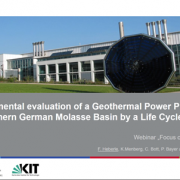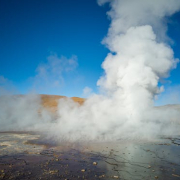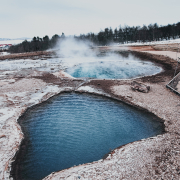LPRC at the “Geothermal energy in my backyard: tackling energy poverty with renewables” webinar
On June 25, took place the “Geothermal energy in my backyard: tackling energy poverty with renewables” webinar hosted by EGEC. This event tackled several issues that are particularly relevant in today’s climate.
Marion Malafosse (Policy Officer at the European Commission Directorate-General for Energy) discussed finance options laid down under the European Recovery Package, which makes available budget to advance the green and digital transition. This Package specifically reemphasizes the role of the EU Green Deal as a motor for the EU economy. In the context of carbon neutrality, heating and cooling it is expected to play a crucial role. First to decarbonise society, second to reach the industrial sector which remain to this day untouched by the green wave and third, by getting local communities involved in small scale geothermal heating projects to further increase the share of green energy in Europe.
The overarching goal of the European Commission is to reach carbon neutrality by 2050. It will soon publish its EU strategy on energy system integration. This strategy is a roadmap to assess what is necessary in the energy sector in the medium and longer term. It will not only tackle electricity and cooling, but also transport, digitalization and agriculture. The aim is to assess how these pieces will play together to reach climate neutrality. This strategy will translate into policies and calls for proposals which will greatly expand the array of opportunities in green development both for citizens and companies.
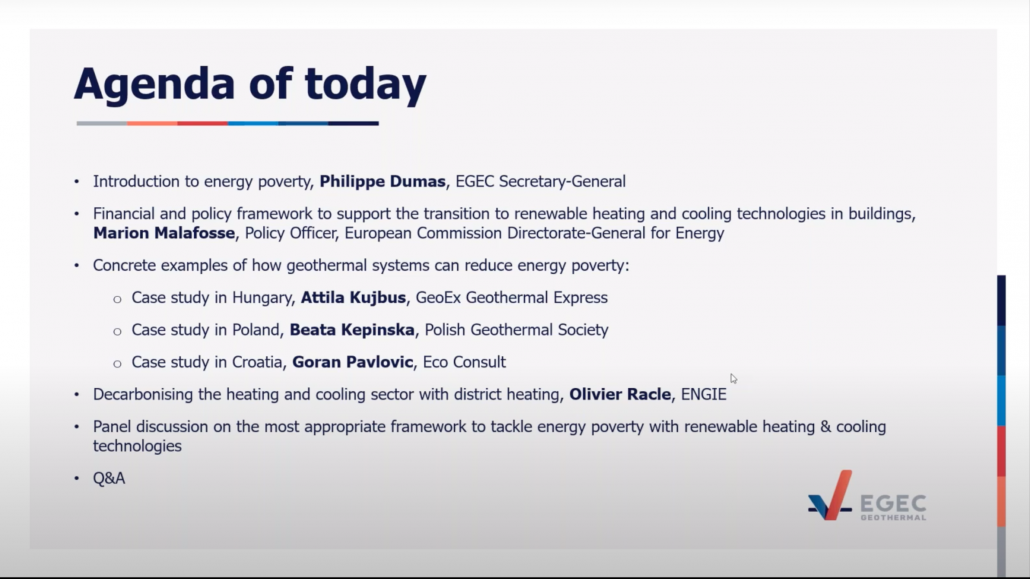
The second strategy is the Renovation Wave tackling energy efficiency for buildings. A big proportion of buildings in the EU are energy inefficient. Finding strategies to change this can lower CO2 emissions, in line with EU climate objectives. In addition to call for energy efficiency development, another likely impact of this wave is to boost local jobs and local enterprises dealing with construction.
Regarding energy poverty, the webinar showcased 3 case studies, highlighting the role geothermal energy can play for local communities. Geothermal energy is not only domestic, it is local. As such, all operations related to production, operation and consumption are made at local level, benefiting local communities by reducing costs. In addition, geothermal energy is strongly developing and new technologies open the door to hybrid technologies, complex financial solutions (prosumers) and enabling cooperation with social programmes to include all citizens.

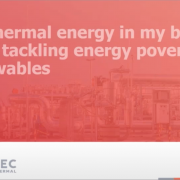
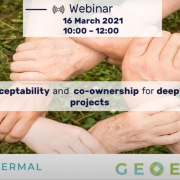
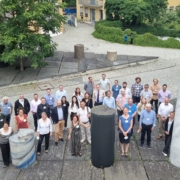 EFG
EFG